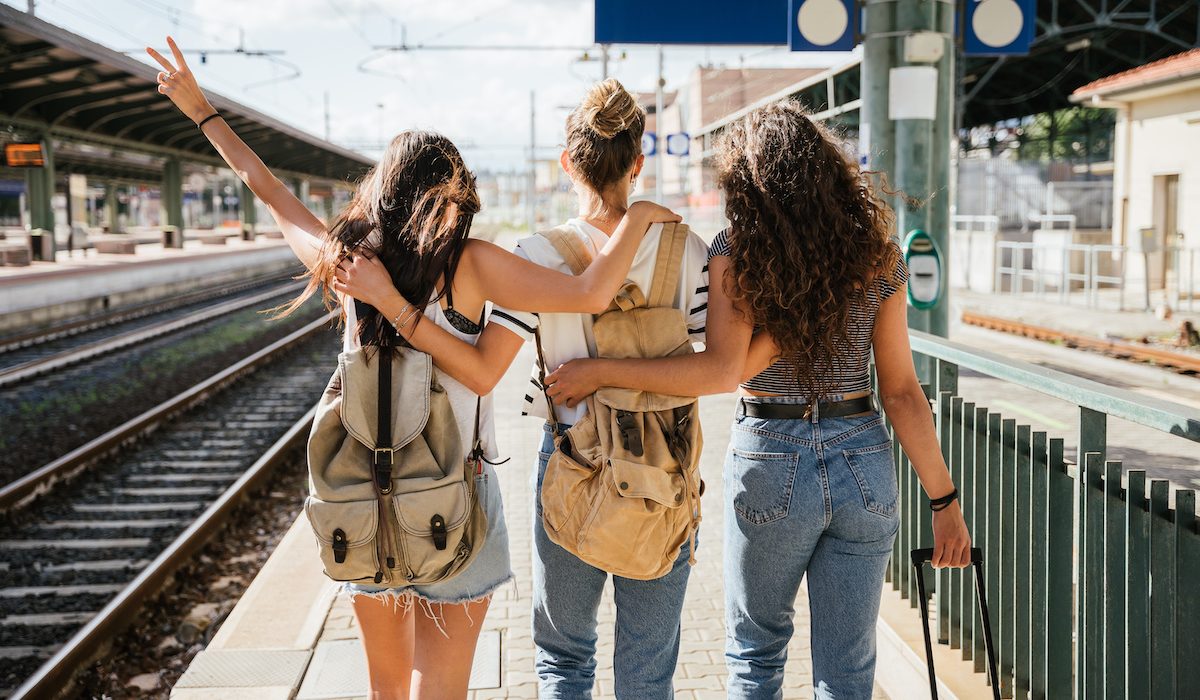Practical Advice for Students Who Dream Of Traveling

Traveling as a student can be a profoundly transformative experience, offering unparalleled opportunities for growth, learning, and adventure. However, it often comes with its own financial and logistical challenges. This comprehensive guide aims to equip students with the knowledge and tools to navigate these challenges, ensuring a fulfilling and affordable travel experience.
Understanding Budget Travel
Effective Budgeting Strategies
For many students, budgeting is crucial, especially when planning for travel. It’s not just about limiting expenses; it’s about optimizing your resources to get the most out of your trip. Start by outlining all potential costs, including flights, accommodation, food, local transportation, and any activities or excursions you plan to undertake. Budgeting apps can help track expenses in real time, ensuring you stay on track. Remember to set aside a contingency fund for unexpected costs, which are almost inevitable when traveling.
Finding Affordable Accommodations
Accommodation often constitutes a significant portion of travel expenses. As a student, luxury hotels might not be feasible, but plenty of affordable alternatives exist. Hostels are a popular choice, offering a place to sleep and a chance to meet fellow travelers. Platforms like Airbnb can provide budget-friendly options, especially when traveling in a group. Additionally, consider looking into local guest houses or homestays, which can give a more authentic and often more affordable lodging experience. When booking, always check for student discounts or special deals that make your stay even more economical.
Traveling Smartly and Safely
Prioritizing Safety
Safety should always be at the forefront of any travel plans, particularly for students venturing into unfamiliar territories. Research your destination thoroughly before departing – understanding local customs, laws, and safety concerns is crucial. Make copies of necessary documents like passports and keep them separate from the originals. Stay in touch with family or friends, regularly updating them on your whereabouts.
Packing Essentials
Packing for a trip can be a balancing act between being prepared and overpacking. The key is to pack universal items that can be mixed and fitted to suit various occasions and weather conditions. Essentials include comfortable walking shoes, a reusable water bottle, a universal adapter, and any necessary medication. Remember, traveling light makes moving around easier and saves you from extra baggage fees.
Cultural Immersion and Learning
Embracing Local Cultures
Traveling is an enriching experience beyond just visiting new places; it’s about immersing yourself in the locals’ culture, traditions, and lives. As you explore, engage with the community, savor the regional cuisine, participate in local events, and embrace the cultural diversity. This approach deepens your understanding and appreciation of the world’s varied cultures.
However, as a student, balancing the demands of academic work with the desire to experience a new culture can be challenging. Consider delegating some of your academic workload to ensure you don’t miss out on the travel experience. When seeking assistance, it’s essential to choose a reputable writing service. Research and read reviews at https://scamfighter.net/review/allassignmenthelp.com to ensure your selected service maintains academic integrity and offers the quality support you need.
Language Learning and Communication
Even a basic grasp of the local language can transform your travel experience. It facilitates better interaction with locals and can help navigate situations where English isn’t widely spoken. Use language learning apps to pick up essential phrases or carry a small phrasebook. This effort eases communication and demonstrates respect for the local culture, often leading to warmer receptions and richer interactions.
Maximizing Travel Opportunities
Taking Advantage of Student Discounts
Many businesses and services offer discounts to students, which can significantly reduce travel costs. From cheaper airfare and accommodation to discounted entry fees at museums and landmarks, these savings can add up. Always carry a valid student ID, and don’t hesitate to ask about student discounts when making purchases or bookings.
Exploring Scholarships and Study Abroad Programs
When considering the integration of travel and education, exploring scholarships and study-abroad programs is vital. These opportunities are gateways to new travel experiences and avenues for earning academic credit and gaining international exposure. Concentrate on programs that align with your academic interests and financial capabilities in your research.
Be cautious, though; as in any sector, there are pitfalls to avoid. For example, suppose you’re looking into additional resources like AllAssignmentHelp. In that case, reading reviews and gathering feedback before utilizing their services is essential. The world of educational support services is vast. While many are incredibly beneficial, others might be traps for unsuspecting students.
Sustainable and Responsible Travel
Eco-Friendly Practices
Sustainable travel is about minimizing your environmental impact while maximizing the positive influence on the local communities. Choose eco-friendly transportation options like biking or public transport. Be mindful of your waste – use reusable items and avoid single-use plastics. Support local businesses and artisans, as this helps to distribute tourism revenue more evenly and sustainably.
Respecting Local Communities
Respecting the communities you visit is paramount. Be aware of local customs and habits, dress appropriately, and seek permission before taking photos of people. Responsible tourism also means considering the ecological and social impact of your activities. Choose experiences that are ethical and sustainable, avoiding those that exploit wildlife or harm the environment.
Conclusion
Traveling as a student is an enriching experience that extends beyond mere sightseeing. It’s an opportunity for personal growth, cultural exchange, and creating lifelong memories. By following these practical tips, students can embark on their adventures with confidence, ensuring a travel experience that is both rewarding and responsible.

